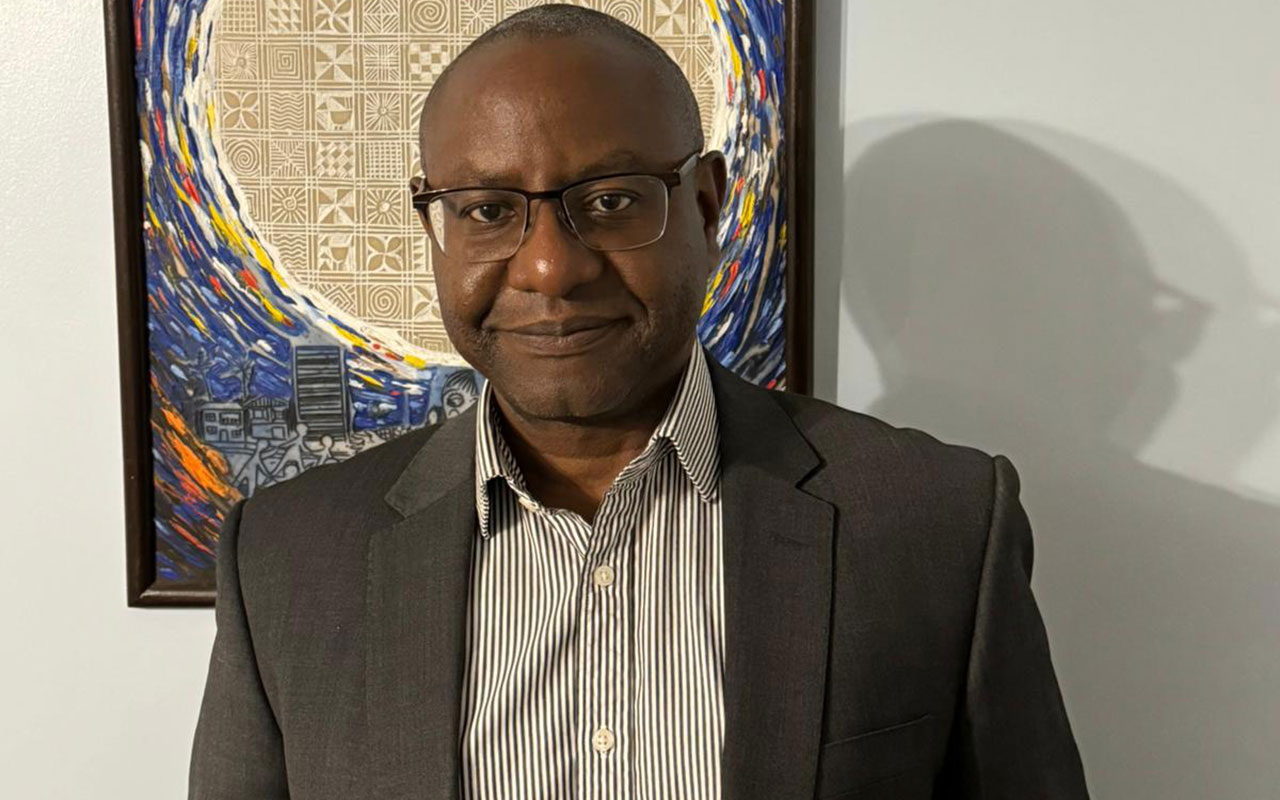Following the country’s recent exit from the Financial Action Task Force (FATF) Grey List, the Securities and Exchange Commission (SEC) has called on capital market operators to deepen and sustain a proactive compliance culture to protect Nigeria’s reputation in the global financial system.
Addressing participants at the Nigerian Capital Market Institute Compliance Summit, the Director-General of the SEC, Dr Emomotimi Agama, described the gathering as a pivotal moment for the future of Nigeria’s financial markets.
He emphasised that the conversations taking place at the summit reach ‘the very heart of the market’s integrity, stability, and future.’
Agama underscored that Nigeria’s removal from the FATF Grey List represents far more than a routine administrative adjustment.
Rather, he described it as a symbolic and substantive recognition of the nation’s determination to strengthen its Anti-Money Laundering and Counter-Financing of Terrorism (AML/CFT) framework.
He noted that this success was achieved through sustained collaboration between the public and private sectors, commending regulators, operators, and compliance professionals whose collective efforts made the accomplishment possible.
However, the SEC boss cautioned that the achievement must not be interpreted as the end of the journey.
“Exiting the grey list is not the finish line; it is the starting block for a new race. The world is watching,” he warned.
Agama explained that global financial institutions and international investors will continue to monitor Nigeria closely to assess whether the reforms are durable and whether compliance practices have become truly internalised across the ecosystem.
He highlighted the need for a mindset shift from reactive or pressure-driven compliance to a deliberate, long-term commitment to global best practices. According to him, compliance has evolved beyond a statutory obligation into a strategic advantage.
A market grounded in transparency and accountability, he said, naturally attracts capital and builds investor trust.
He added that Nigeria’s strengthened compliance posture signals to the world that its financial system is
“open for business, safe, secure, and sophisticated.”
Agama called on institutions to continue improving their systems through the adoption of modern regulatory technologies (RegTech and SupTech), continuous training for compliance officers, and the reinforcement of ethical behaviour across the financial services industry.
He assured stakeholders that the SEC remains committed to providing clear regulatory direction, constructive oversight, and meaningful engagement to ensure the Nigerian capital market remains aligned with global expectations.
He urged summit participants to exchange ideas and devise practical strategies that will ‘future-proof’ the market, stressing the importance of preventing Nigeria from ever returning to the FATF Grey List.
Instead, he said, the country should aspire to join the ranks of the world’s most resilient and compliant emerging markets.
In her remarks, the SEC’s Executive Commissioner for Legal and Enforcement, Ms. Frana Chukwuogor, drew attention to the new Investment and Securities Act signed into law in 2025.
She noted that one of the most significant challenges market operators face when regulations change is the lack of sufficient information about what has been amended.
“How can you be compliant if you don’t know what has changed?” she asked.
She explained that the summit aims to highlight new regulatory provisions and emerging risk areas, particularly issues related to Ponzi schemes and the regulation of digital assets.
Chukwuogor reminded participants that Nigeria’s removal from the grey list in October underscores the importance of staying informed and vigilant.
She stressed that chief executives and market operators must ensure their compliance officers fully understand the updated regulatory requirements.
The commission, she disclosed, intends to strengthen its oversight by closely monitoring the filing of regulatory returns, warning that operators who fail to comply may face sanctions.






